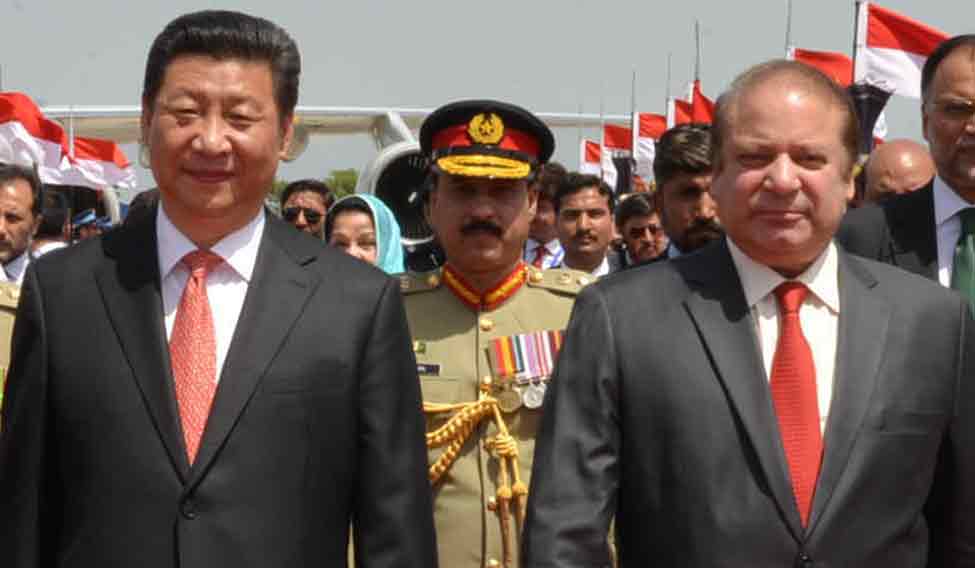The BJP came to power at the Centre nearly two years ago, offering a more robust and muscular foreign policy. This offer, at the minimum, guaranteed a foreign policy which would allow India to stand up with dignity in the comity of nations. The swearing-in ceremony of the new government witnessed a new era of bonhomie, as leaders of all immediate neighbours, including Pakistan, were present. However, developments in the past few weeks have cast doubts on the thoughtfulness of these assertions.
The success of a nation's foreign policy depends largely on its economic wherewithal, diplomatic capability and the ability of its security forces to defend its vital interests. Recent troubles started with India’s failure to get Pakistan-based terror mastermind Maulana Masood Azhar of the Jaish-e-Mohammad blacklisted at the United Nations. The Indian move was thwarted by China, the all-weather friend of Pakistan. In a tit-for-tat response, India issued an e-visa to a well-known Uighur dissident leader, Dolkun Isa, against whom an Interpol red-corner notice exists, say media reports. However, on April 23, the visa was cancelled by the authorities, citing procedural lapses.
Such diplomatic flip-flops have shown the concerned authorities in a bad light and have dented the claims of a more robust and muscular foreign policy. The foreign policy of a nation, unlike its economic policy, requires consistency and a structural ability to protect its long-term interests.
Media attention on this topic will soon shift to another event or a more colourful issue. Yet, it will be worthwhile to understand the current crisis properly and draw the right lessons. In a democracy, foreign policy formulation is a collective effort by the government, the opposition and other relevant organs, including think tanks and policy relevant universities. But the implementation of the policy is the bounden duty of the concerned bureaucratic machinery, the ministry of external affairs and the concerned authorities of the ruling dispensation.
At one level, one may argue that this debacle must provide an opportunity to take necessary corrective measures to our foreign policy making and implementation. In order to understand the correct perspective, one must seek and define our long-term national goals. During this crisis, it was felt that we were lurching from one event to another and the focus was mainly centred on individuals like Azhar and Isa.
The approach to these two individuals exposes our understanding and attitude towards our two key neighbours. China and Pakistan will remain the main focus of our foreign policy. The main aim of our policy must be to prevent Pakistan from using terror as an instrument of state policy. This certainly calls for a better understanding of the nature of Pakistan as a state driven predominantly by its military’s interests.
On the other hand, dealing with China has become a more complex issue. Not only is China our biggest neighbour with whom we share an unsettled boundary, but it has also emerged as our largest commodity trade partner. We need to manage these two key relations while we maintain our traditional good relations with nations all over the world.
The recent events also call for widening the understanding of the world around us and the required policy formulation process. Therefore, one expects a more matured foreign policy effort from the BJP-led government.
The writer is an honorary fellow at the Institute of Chinese Studies, Delhi.





